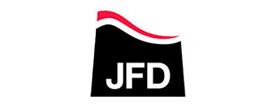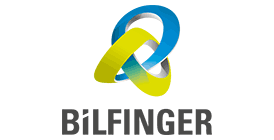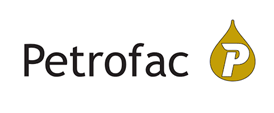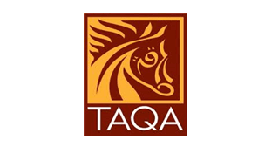A 2 x day workshop covering the non-technical, commercial skills for all those involved in supervising others offshore.
Day 1
Introduction
This introduces the key learning points of the programme and also expectations of both the group and the instructor.Icebreaker ~team exercise
Focuses on communication and teamwork, sharing of ideas and solving problems. It identifies particular characteristics of each member of the group and promotes discussion and achievement.Personalities
Demonstrates behavioural influence and how to use it. It looks at how negative or positive behaviour impacts on others' behaviour and provides a real understanding of where this skill is usefulHandling Conflict
This section looks at dealing with conflict effectively. It provides a practical view of dealing with conflict. It also provides an understanding of, when we compete, when we comply and when we avoid conflict.Management Styles
Focuses on 'Situational Leadership'. It provides a practical methodology of measuring people, in terms of their ability and commitment and demonstrates the most appropriate style of management to adopt to get the best out of everyone. It demonstrates when and how to; direct~coach~support~delegate.Communication & Assertiveness
An interactive look at the tools and techniques of communication, Supported by case studies, related video clips and practical exercises. It also demonstrates behavioural differences between Aggressive and Passive behaviour and how assertive behaviour is more appropriate.Group Challenge
Group split into sub-groups. Asked to prepare and feedback, all aspects of the topics from today and how they relate to real life. What specifics could be used, where skills could be applied and what benefits would come from that.Recap & Action Plan
A full recap of the day is done with a Q&A session. Whilst the instructor leads this session, other delegates share in answering co-delegates questions which again underlines the learning points and the understanding.Day 2
Understanding your responsibilities.
Three parts:
a. The TMS.
A practical look at TMS, with a supporting exercise
b. Project HSEQ Plan.
A review of all supporting documentation, which provides the relevant information for the HSEQ Plan.
c. Accident/Incident reporting.
A further inspection of the process and the forms with a discussion on the information required, we look at how it is used to enhance our understanding and how to complete these forms effectively.
Daily reporting:
- Understanding the value of accurate Record keeping.
- How traceability and finances are affected by incomplete/wrong information.
- A Communication Exercise to support the understanding and completion of all supporting documentation.
Conducting Assessments
Introduction & Objectives
- Programme Objectives
- Personal Action Plans
- Why We Conduct Assessments
Planning & Preparation
- What We Need to Prepare
- How to Structure an Assessment
- What The Personnel Should Prepare
- Roles & Responsibilities
Conducting & Controlling
- What to Ask the Personnel
- How to Encourage 'Self-Assessment'
- Opening Up the Conversation
- Questioning Tools & Techniques
- Targeting The Discussion
Developing Actions
- Understanding SMART Objectives
- Concluding The Assessment
- Key Learning & Action Points
Assessment forms are explained supported with practical exercises and related case studies
Competency
- An understanding is provided along with a demonstration on completion
- Competency manager comes in to facilitate an open discussion and Q&A
- The value of effective assessments. The Bilfinger objectives – the purpose
- The key points & considerations for conducting assessments
People Management
- The discipline process is explained and supported with a case study and
- practical exercise
- The grievance process is explained and supported with an appropriate case-study and practical exercise
Summary of learning & Close
- Completion of Personal Action Plans
- Course evaluation.













